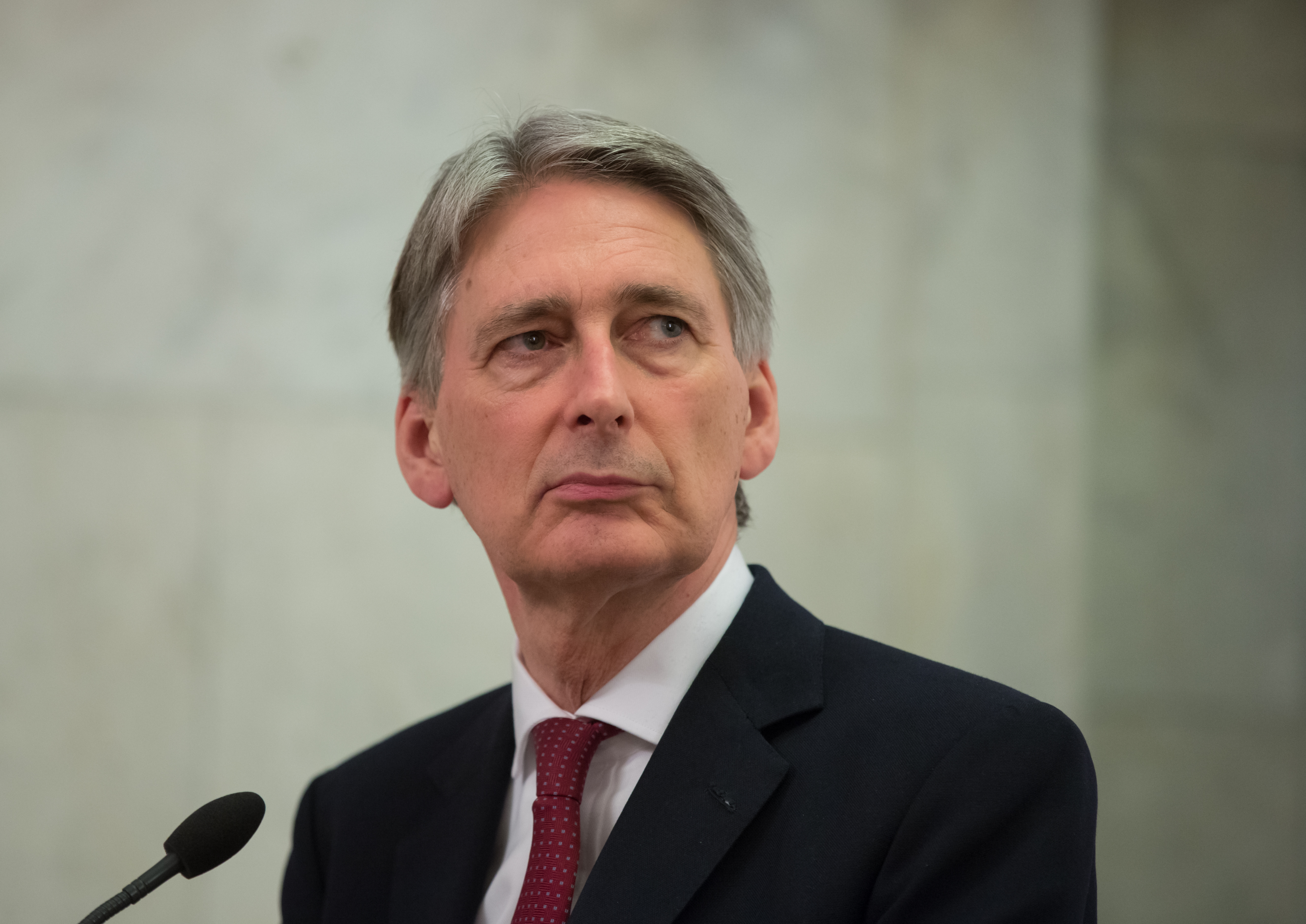Household Bills
Budget 2017 round-up: eight things you need to know

Chancellor Philip Hammond delivered his first and last Spring Budget today in front of a packed House of Commons. Here are eight takeaways.
-
Self-employed workers will have to pay more tax
If you work for yourself you will have to pay higher national insurance contributions (NICs) from April 2018.
The main rate of Class 4 NICs will rise from 9% to 10% in April 2018 and to 11% in April 2019 on income between £8,060 and £43,000. Earnings above £43,000 will be taxed at 2%.
-
The personal tax-free allowance will rise to £12,500 by 2020
We already knew the personal allowance – the amount of income you can earn before you start paying income tax – was going to rise for the seventh year in a row from £11,000 to £11,500 in April 2017 and that the higher rate tax threshold will rise to £45,000 from April 2017.
Today, Hammond confirmed these changes and reiterated the government’s manifesto commitment to increase the thresholds to £12,500 and £50,000 respectively by 2020.
-
The tax-free dividend allowance for shareholders is set to be slashed
Shareholders will see a reduction in their tax-free dividend allowance from £5,000 to £2,000 from April 2018. The measure is aimed at employees and directors of small businesses who might remunerate themselves partly or wholly through dividends rather than salary.
The government said the move will reduce the tax differential between the employed and self-employed on the one hand and those working through a company on the other.
It said a £2,000 dividend allowance will continue to mean that 80% of general investors pay no dividend tax, including those with sizeable investments (typically, up to £50,000).
-
A new tax-free childcare will be rolled out from April
Working parents will be entitled to receive £2,000 a year towards the cost of childcare for each child under 12 under the tax-free childcare scheme.
The chancellor confirmed that the previously announced scheme will launch in April and will be rolled out to all eligible parents by the end of the year.
Click here for full details of the new scheme.
In another measure aimed at helping families, the chancellor committed £5m of new funding to help people returning to work after a lengthy career break.
-
The NS&I bond will pay 2.2% and launch next month
Hammond first announced the market-leading NS&I three-year fixed rate bond during last year’s Autumn Statement. Today he confirmed the bond would pay 2.2% on deposits up to £3,000 and be available from April.
Although the rate is market-leading, savers will be disappointed it wasn’t higher given the improvements in the wider market in the time since the bonds were originally announced.
It’s worth noting that Atom Bank’s three-year bond also pays 2.2%.
-
Better protection for consumers is on the way
The government will take action to better protect customers who face unexpected fees when a subscription is renewed or when a free trial ends. It will also move to simplify complex terms and conditions.
Citizens Advice found as many as 2 million people struggle to cancel subscriptions and 4 in 5 people had issues cancelling after being signed up without their knowledge.
The government will publish a green paper considering new measures.
-
Free school transport for more children
Children aged 11-16 who get free school meals will get free transport to their closest selective school, if it is between two and 15 miles away from their home.
Children aged 8 to 16 are already entitled to free transport to their closest suitable school, if they live more than three miles away.
Hammond said: “Pupils typically travel three times as far to attend selective schools, so we will extend free school transport to include all children on free school meals who attend a selective school. Because we are resolved that talent alone should determine the opportunities a child enjoys.”
-
Inflation is definitely on the up
We know inflation is rising. It hit a two-and-a-half year high of 1.8% in January and the February reading is expected to be 2%. Today the Chancellor said inflation is forecast to be 2.4% this year, 2.3% next year and 2% in 2019.
This is bad news for savers as there are very few savings accounts on the market that can beat or match the inflation.